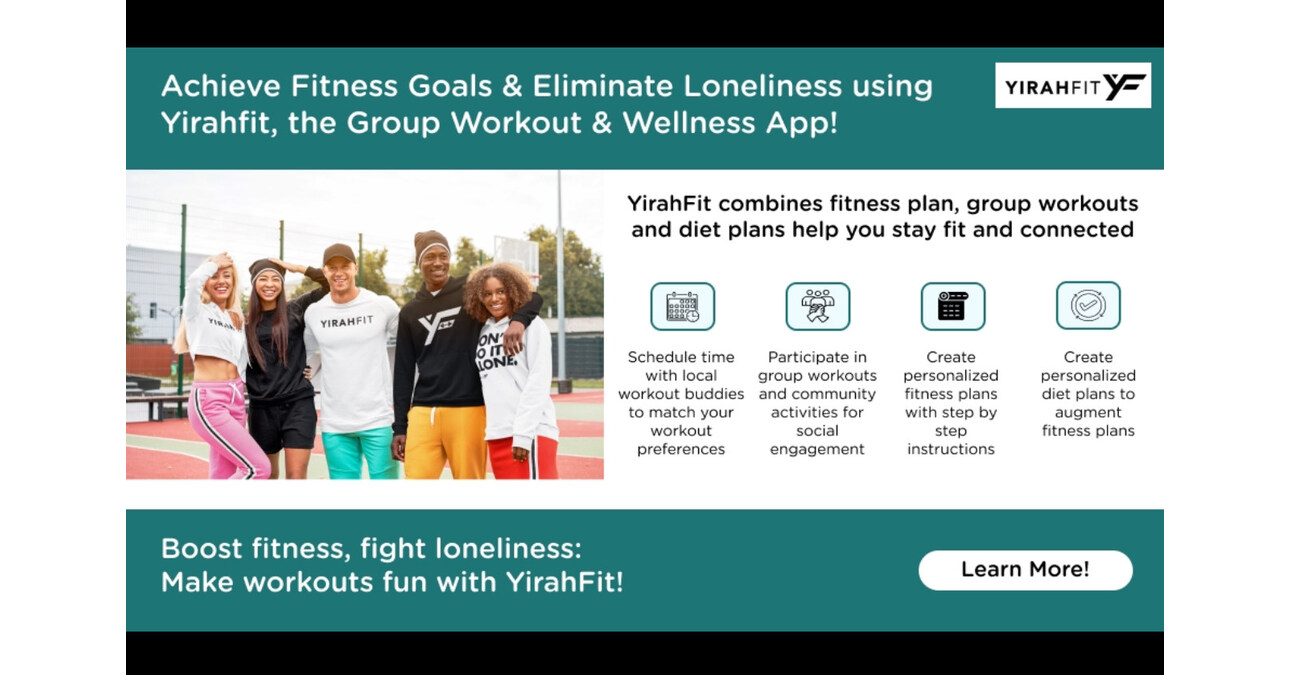Bussiness
You Don’t Need Thousands to Turn Your Business Idea Into Reality · Babson Thought & Action

My entrepreneurial journey started when I received a bracelet-making kit and began to sell the jewelry during my elementary school days. By middle school, I had moved on to my second business: creating custom lip balms. I even set up an Etsy shop to sell them. This was a great start, but when it came time to launch a real business in college, I quickly realized it wasn’t going to be as easy.
Editor’s note: This article first appeared in Entrepreneur magazine.
However, those early ventures taught me one important lesson: It’s important to be creative and find unique ways to launch a brand with a low budget.
As a first-year student at Babson College, I decided to launch a business with a more serious commitment. I spent my entire life dealing with allergies and asthma triggered by toxic chemicals found in everyday products, including cleaning supplies. On top of that, I learned that cleaning products were made up of mostly water and are packaged in single-use plastic bottles, which end up polluting our planet. That’s when I realized I had to solve my own problem, and Elcove, a line of zero-waste and non-toxic home care products, was created.
As a student with limited resources, I had to be resourceful and creative. From creating the packaging design on Canva myself to learning how to take professional product photos, I found ways to launch a company on a low budget. Here’s how you can do it, too.
Never Stop Learning
When you’re working with a low budget, consistently educating yourself is essential. It’s not realistic to afford to hire someone for every task, so you need to learn to do it yourself.
I experienced this firsthand when I realized that I needed a website—and not just a simple one. Despite having failed an online coding course twice and always struggling with technology, I knew I had to figure it out. I spent hours watching YouTube tutorials, reading articles and learning from professionals to master my now Shopify-hosted website.
While this process was time-consuming, it saved me thousands of dollars. Plus, I can make updates to my website whenever I need without any additional costs because I took the time to understand the process.
As a startup founder, I had to convince myself that done is sometimes better than perfect. It’s more important to get your product out there and start learning from real customer feedback.
Takeaways:
- Utilize free resources such as YouTube and online articles to learn new skills.
- Seek feedback from people, especially those in your target audience.
- Don’t aim for perfection with every aspect of your business; focus on perfecting the aspects that actually improve the customer experience.
Get Creative
Whether you have a physical product, a service or tech, unique branding is essential. If you’re resourceful, you can find low-cost ways to develop your brand. For Elcove, I designed all our branding and packaging right from my dorm room. I spent two months learning about creating high-converting packing by watching videos, going to stores to study designs and asking every single person I knew for their feedback.
That’s when I took to Canva. I created custom designs for our packaging and all of our branding materials. The results? A professional-looking brand that cost only $120 (for the Canva Pro subscription).
Takeaways:
- Leverage free or low-cost tools like Canva for design needs.
- Study existing successful brands to understand what works.
- Collect as much feedback as possible to refine your designs.
Build Your Network
A strong network is crucial to quicken your company’s growth. Authentic relationships and connections, both online through platforms such as LinkedIn and in person through events, can open doors to valuable insights and opportunities. Don’t be afraid to reach out to people who have been in your shoes. They’ve likely made similar mistakes and can offer advice to help you avoid costly errors.
In addition, mentors have been invaluable to me. I am lucky to have a few who are really passionate about my success. They provide feedback and serve as a sounding board for new ideas.
Takeaways:
- Reach out to individuals who have been on a similar path to you
- Research and understand their path to build genuine connections. Put in the effort to show you genuinely want to learn and appreciate their time.
- Don’t fear rejection because the worst they can say is no, and that is OK.
Pitch for Free Money
To date, I have generated $50,000 of equity-free funding from pitch competitions and grant applications, in addition to crowdfunding. Perfect your pitch and use it to your advantage. You never know who you will meet or what opportunities will open for you.
Spend time refining your pitch. The most important part is making sure they can understand your business in less than 60 seconds. I like to start with the story of why I created my business as it makes the pitch more personal and relatable.
Entering pitch competitions and applying for grants is an ideal way to find free money for your venture. Even a few thousand dollars can make a substantial difference, especially if you are bootstrapping everything else, like building a website.
Takeaways:
- Research pitch competitions and grant opportunities, both local and virtual.
- Apply to as many as possible. You’ll face rejections, but persistence pays off.
- Use the funds strategically to cover the costs of critical areas of your business that you can’t teach yourself.
Bottom Line
Launching a brand on a low budget is not easy, but it’s definitely possible with the right mindset. If you are willing to invest the time to do research and teach yourself new skills, you can significantly cut costs and still create a successful business. Each step you take is a learning experience, and each challenge is an opportunity to grow.
Anastacia Yefimenko ’25 is a senior at Babson College and the co-founder and CEO of Elcove, a provider of sustainable and toxic-free home care products.
Posted in Insights









